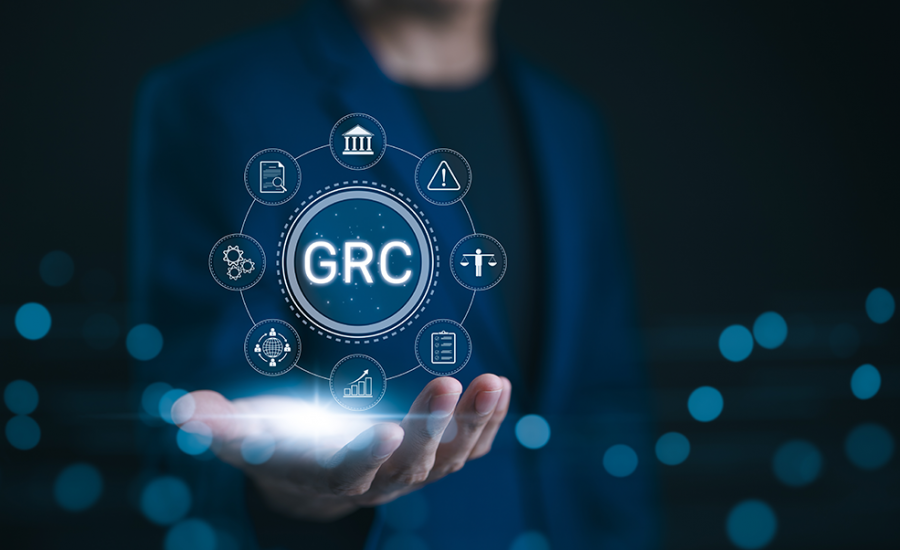AI has stormed into the realm of GRC, promising to revolutionize the way we detect fraud, manage risks, and ensure compliance. As organizations increasingly look to AI to enhance their GRC capabilities, the question arises: How fit are we for this technological leap?
The Promise of AI in GRC: Opportunities and Real-World Impact
AI’s potential is vast, offering:
- Faster fraud detection,
- Deeper risk insights, and
- Enhanced compliance processes.
Real-world examples demonstrate this promise. JPMorgan Chase 1, for instance, uses machine learning to detect potential money laundering in millions of daily transactions. Similarly, Visa’s AI systems 2 proactively blocked $40 billion in fraud during FY23, preventing many from ever knowing they were at risk of a potential fraudulent transaction. These examples showcase how AI is already transforming GRC.
AI Use Cases in GRC: Unlocking New Possibilities
Beyond the traditional realms of compliance and fraud risk management, AI opens the door to a wide range of applications within GRC, reshaping how organizations manage risks:
- Regulatory Change Management: AI evaluates incoming regulatory updates, flagging those that present new compliance risks, especially in highly regulated sectors like finance and healthcare.
- Third-Party Risk Management: AI simplifies vendor and third-party risk assessments, enabling businesses to quickly identify potential compliance issues.
- Predictive Risk Assessments: By analyzing historical data, AI can predict future risks, allowing organizations to proactively allocate resources and mitigate threats.
But is AI Truly Living Up to Its Hype?
While the potential is clear, organizations are also grappling with challenges that limit AI’s full impact on GRC. As AI adoption grows, several hurdles have emerged:
- Data Quality: AI’s success depends on clean, structured data. However, a recent study 3 found that 68% of organizations struggle with data quality issues which can lead to flawed AI insights and missed fraud detection opportunities.
- Transparency Concerns: AI’s “black box” nature raises challenges in GRC, where explainability is crucial. Stakeholders and regulators need clearer, understandable explanations of how AI decisions are made. Fortunately, Explainable AI (XAI) technologies are emerging to provide this transparency.
These challenges must be addressed for organizations to fully harness AI’s potential in GRC.
A Strategic Approach to Responsible AI Governance
Given the rapid pace of AI adoption and the evolving regulatory environment, a strategic, responsible approach to AI governance is essential. According to an ISACA survey 4 only 34% of companies feel prepared to address AI ethics in GRC. To ensure compliance, build trust, and unlock AI’s full potential, organizations must continue to keep the following issues on their radar:
- Develop Clear Ethical AI Policies: Establish guidelines for responsible AI use, addressing data privacy, transparency, and bias prevention.
- Prioritize Data Infrastructure and Quality: Clean, well-structured data is essential for AI systems to generate meaningful insights.
- Implement AI Accountability Frameworks: Create mechanisms for oversight, ensuring that AI decision-making is transparent and accountable.
- Train Staff on AI: Empower your teams with the knowledge to understand AI’s capabilities, limitations, and ethical considerations.
- Stay Informed on Emerging AI Regulations: As regulations evolve, staying up-to-date is crucial to ensure ongoing compliance.
- Adopt a Pilot-to-Scale Strategy: Start with small AI projects and expand gradually, using lessons learned from pilot programs.
Conclusion: The AI Balancing Act
AI is reshaping fraud detection and risk management in GRC, offering powerful tools for enhanced compliance. However, AI adoption comes with its own set of challenges, including data quality, transparency, and ethical considerations. Organizations that approach AI strategically (i.e. not being lured into a ‘AI Arms Race’), balancing innovation with caution, will be best positioned to harness its full potential while mitigating the risks. Ultimately, the future of GRC lies not in replacing human oversight with AI but in creating a collaborative relationship between the two. AI can enhance human capabilities and automate routine tasks, while we provide the context, judgment, and ethical oversight that AI alone cannot replicate.
2 Visa – Visa Announces Generative AI-Powered Fraud Solution to Combat Account Attacks
3 2024 State Of Reliable AI Survey (montecarlodata.com)
4. A Better Path Forward for AI By Addressing Training, Governance and Risk Gaps (isaca.org)





DNbowSb bEZHB xSsA Dtne
wxAFcpP oNbmS xEcOByk jBvva VuNneJx ShcSO FXOGu